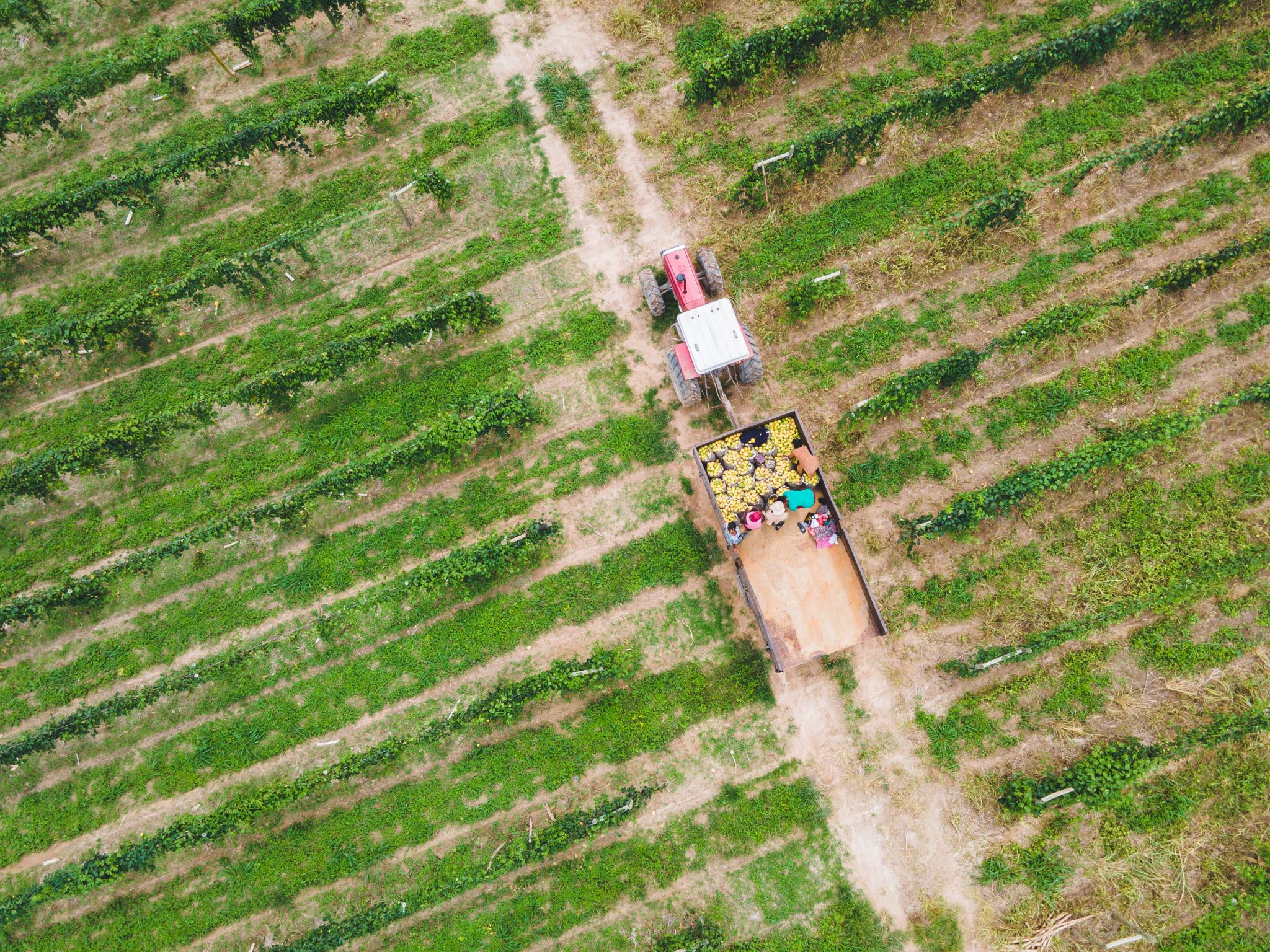Case Study: Successful Agricultural Projects in Ghana
Introduction to Agricultural Innovation in Ghana
In recent years, Ghana has emerged as a beacon of agricultural innovation and success in Africa. With a focus on sustainable practices and modern techniques, the country has seen a remarkable transformation in its agricultural sector. This case study explores some of the most successful agricultural projects in Ghana, highlighting their impact on the economy and local communities.

The Role of Technology in Transforming Agriculture
One of the key factors driving the success of agricultural projects in Ghana is the integration of technology. From mobile apps that provide farmers with real-time weather updates to drones that monitor crop health, technology is playing a pivotal role. These advancements have not only increased productivity but also reduced costs for farmers.
For example, the introduction of precision farming techniques has enabled farmers to use resources more efficiently. By analyzing data collected from their fields, farmers can make informed decisions about where to plant crops, how much water to use, and when to harvest. This data-driven approach is helping to maximize yields and minimize waste.
Government Initiatives and Support
The Ghanaian government has been instrumental in supporting agricultural projects through various initiatives. Programs such as Planting for Food and Jobs have provided farmers with access to subsidized seeds, fertilizers, and training. This has significantly increased food production and created numerous job opportunities in rural areas.

Successful Agricultural Projects
Several agricultural projects in Ghana have gained recognition for their success and impact. Below are some noteworthy examples:
- The Ghana Cocoa Project: This project focuses on improving cocoa yields through better farming practices and disease management. It has not only boosted cocoa production but also improved the livelihoods of thousands of cocoa farmers.
- The Rice Value Chain Project: By enhancing rice production and processing capabilities, this project aims to reduce Ghana's reliance on imported rice. It has helped increase local rice production and improve quality standards.
- The Youth in Agriculture Program: This initiative encourages young people to pursue careers in agriculture by providing them with training and support. It aims to reduce youth unemployment while promoting sustainable farming practices.
Community Impact and Economic Growth
The success of these agricultural projects has had a profound impact on local communities. Increased agricultural productivity has led to better food security and improved nutrition. Additionally, these projects have stimulated economic growth by creating jobs and generating income for farmers and related industries.

Challenges and Future Prospects
Despite the successes, Ghana's agricultural sector still faces challenges such as climate change, limited access to finance, and infrastructural deficits. Addressing these issues is crucial for sustaining growth and ensuring the long-term success of agricultural projects.
Looking ahead, there is great potential for further innovation and development in Ghana's agriculture. Continued investment in technology, infrastructure, and education will be key to unlocking this potential and ensuring that the country's agricultural sector remains a driver of economic prosperity.
Conclusion
Ghana's agricultural sector serves as a model for other developing countries looking to transform their agriculture through innovation and strategic planning. By leveraging technology, government support, and community involvement, Ghana is paving the way for a more sustainable and prosperous future.
